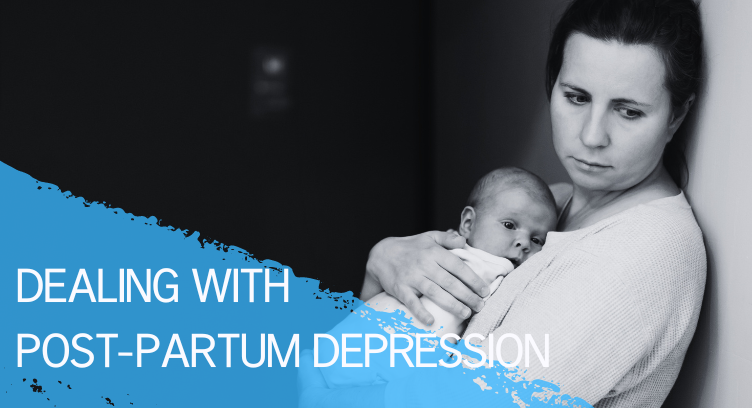
Becoming a parent brings many emotions, from joy to fear. While “baby blues” are common, postpartum depression (PPD) is a more serious issue that affects 1 in 7 women. Here are some simple tips to help you cope.
1. Build a Bond with Your Baby
Bonding with your baby is important. Skin-to-skin contact, baby massage, and simple acts like smiling and singing can help strengthen this bond. These activities release oxytocin, the “love hormone,” which can improve your mood and your baby’s development.
2. Take Care of Yourself
Self-care is crucial. Try to sleep when your baby sleeps, eat healthy foods, and get outside for some sunshine. Pamper yourself with small treats like a bubble bath or a favorite TV show.
3. Get Moving
Exercise can boost your mood. Start with gentle activities like walking with your baby in a stroller. Aim for 20-30 minutes a day, but even 10 minutes can help.
4. Build a Support Network
Don’t isolate yourself. Connect with other moms through local groups, classes, or apps. Share your experiences and feelings with trusted friends or family members.
5. Seek Professional Help
If self-care and support aren’t enough, talk to your doctor. Therapy and medication can be effective treatments for PPD.
Remember, PPD is a medical condition and it’s not your fault. With the right help, you can feel better and enjoy your time with your baby. If you have thoughts of harming yourself or your baby, seek immediate help by calling a helpline.
Quick Tips for Coping with PPD:
- Get active: Walk with your baby.
- Eat well: Include omega-3s in your diet.
- Rest: Sleep when your baby sleeps.
- Bond: Use skin-to-skin contact.
- Reach out: Join support groups.
Taking these steps can help you manage PPD and start feeling more like yourself again.
